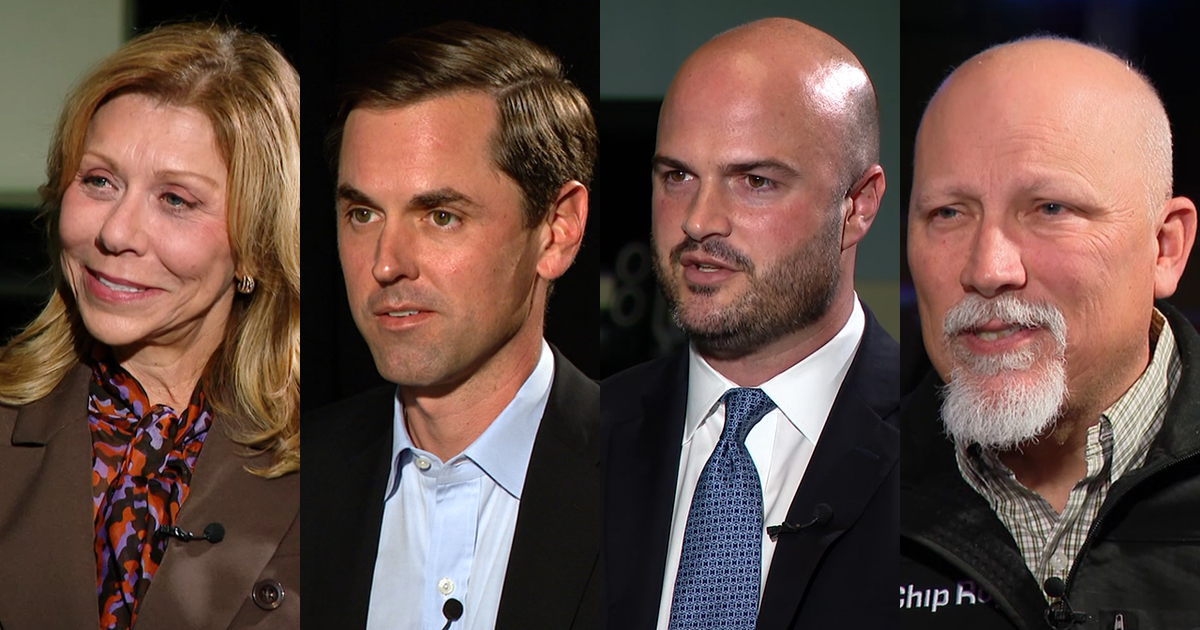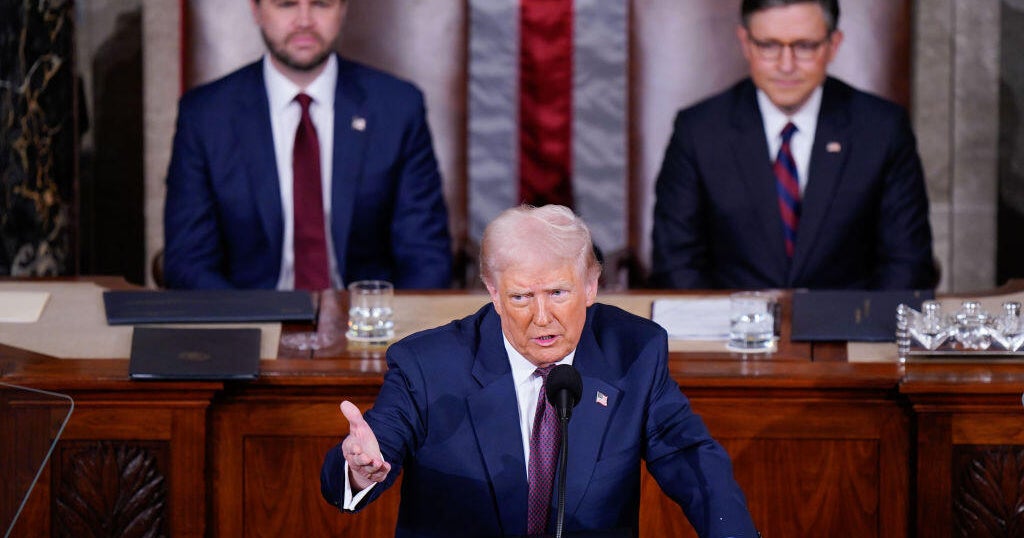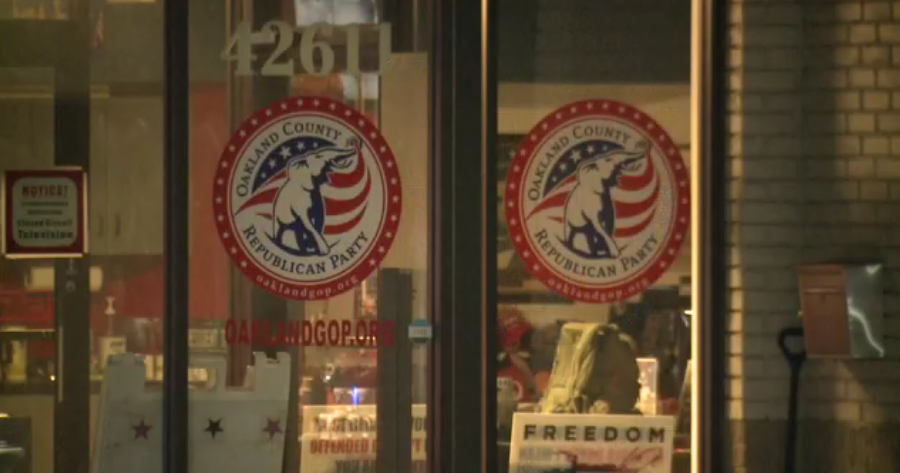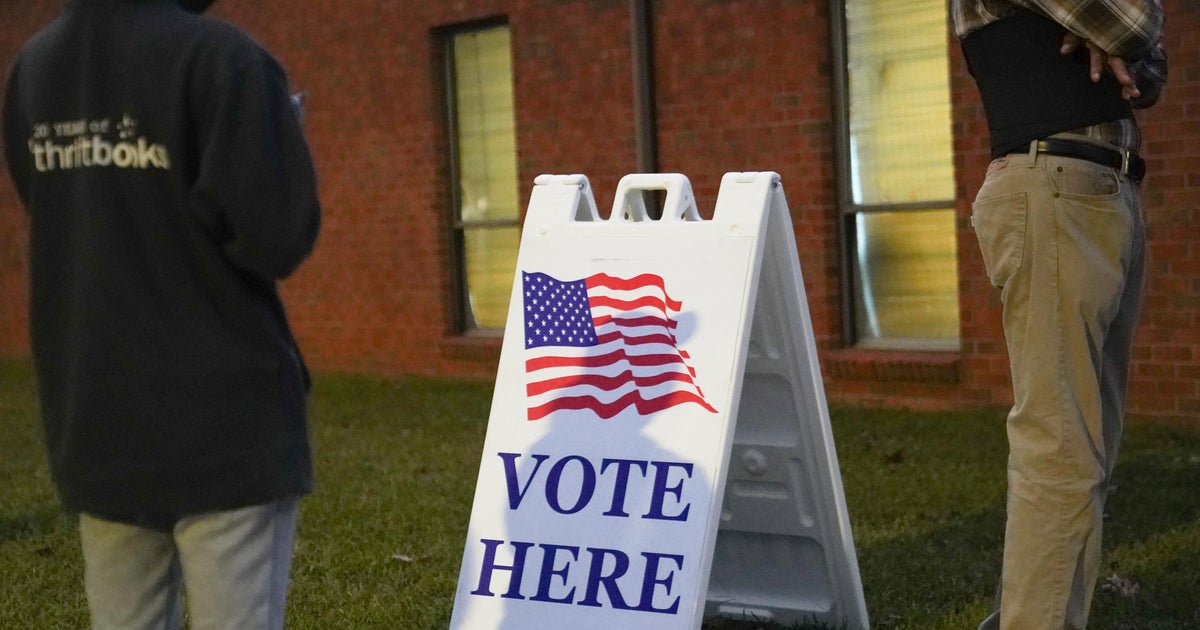Johnson Emerges To Take GOP Governor Primary
MINNEAPOLIS (AP) — Hennepin County commissioner Jeff Johnson swept to victory Tuesday in Minnesota's crowded GOP primary for governor, then declared himself the conservative who can defeat Democratic Gov. Mark Dayton in November.
Johnson eased past three major rivals to win the nomination, and vindicated the party's decision to endorse him this spring before what turned into the GOP's first competitive primary for governor in 20 years.
Johnson beat former House Speaker Kurt Zellers, business executive Scott Honour and former House Minority Leader Marty Seifert. He benefited from the phone calls, canvassing and other outreach that came with party support and helped make up for better fundraising by some of his rivals, and vowed to give Dayton the run of his life this fall.
"We're going to be traveling like mad and raising money," Johnson told The Associated Press moments after his victory. "Mark Dayton, while he's a good man, he seems to be in over his head somewhat."
It is Johnson's second bid for statewide office. He lost in a 2006 campaign for attorney general. He has previously served in the Legislature.
He has 12 weeks to make his case against Dayton, who cruised to the Democratic nomination for a second term bid.
Accountant Leslie Smith cast her ballot in Edina for Johnson, whom she saw as the most able to stitch together a winning coalition in November.
"You want to go with someone who is electable, whether they're sometimes your first choice or not. Which is unfortunate, but that's how politics works," Smith said.
While waiting for his fall opponent, Dayton spent his time relentlessly promoting the state's economic turnaround during his first term. He faced little trouble in his primary campaign.
Dayton didn't appear publicly after polls closed Tuesday, but issued a statement saying he called Johnson to congratulate him and looked forward to a spirited campaign.
When Dayton won by fewer than 9,000 votes four years ago, he became the first Democrat to lead Minnesota in a quarter century. The last Minnesota governor denied re-election was Rudy Perpich, who lost in 1990. This is the first time Dayton, a former state auditor and U.S. senator, has tried for a second term.
But Republicans see vulnerability in Dayton's support of a health insurance marketplace that struggled to get off the ground. They've also attacked changes in law he supported that benefited labor unions, and have tied him to a new Senate office building they portrayed as lavish.
It was the GOP's first competitive primary for governor in two decades, but the campaign was mild. No candidate aired TV attack ads against the others.
Johnson attracted the most criticism from the others late in the race, a nominal signal that he was the candidate to catch.
Johnson, 47, serves on the board for Minnesota's most populous county. The suburban lawyer spent six years in the state House before giving up his seat to run for attorney general in 2006, a race he lost. He remained active in party politics, cultivating connections he leaned on when he secured the Republican endorsement this spring.
Honour, 48, was in his first political campaign and stressed his outsider credentials. After a career as a venture capitalist that led him to California, Honour returned to his native Minnesota to raise his three children. He spent the most on the race thanks to personal wealth, and took some of the most strongly conservative positions, too — such as saying he would lay off government workers to save taxpayers money.
Seifert, 42, was a former legislator who served 14 years in St. Paul, Seifert emphasized his status as the only lifelong Minnesotan who presently lives far from the Twin Cities area. His campaign had the smallest budget, depending mostly on Seifert's hustle around the state to do interviews with small-town newspapers and radio stations.
Zellers, 44, was the highest political achiever in the field with his two-year stint as House speaker. The position often put him at the bargaining table with Dayton. His role, particularly in the 2011 government shutdown, has been used both by and against him. He held it up as evidence of staring down Dayton over taxes, but Democrats argue it was a symbol of inflexibility.
As in past years, the fall election will feature a wild card in the form of an Independence Party candidate. But Hannah Nicollet may make less of a difference than previous IP candidates because she failed to qualify for the public campaign subsidy that allowed them to run visible campaigns.
(© Copyright 2014 The Associated Press. All Rights Reserved. This material may not be published, broadcast, rewritten or redistributed.)







